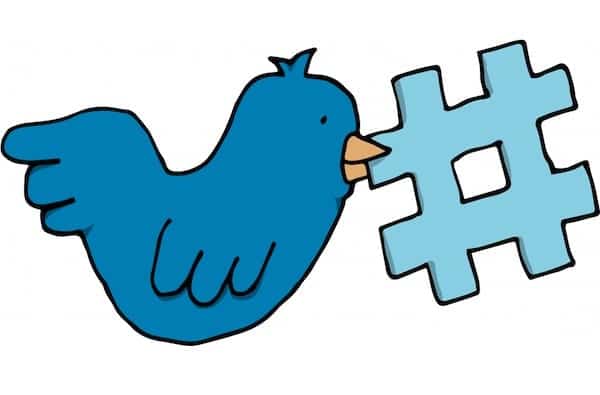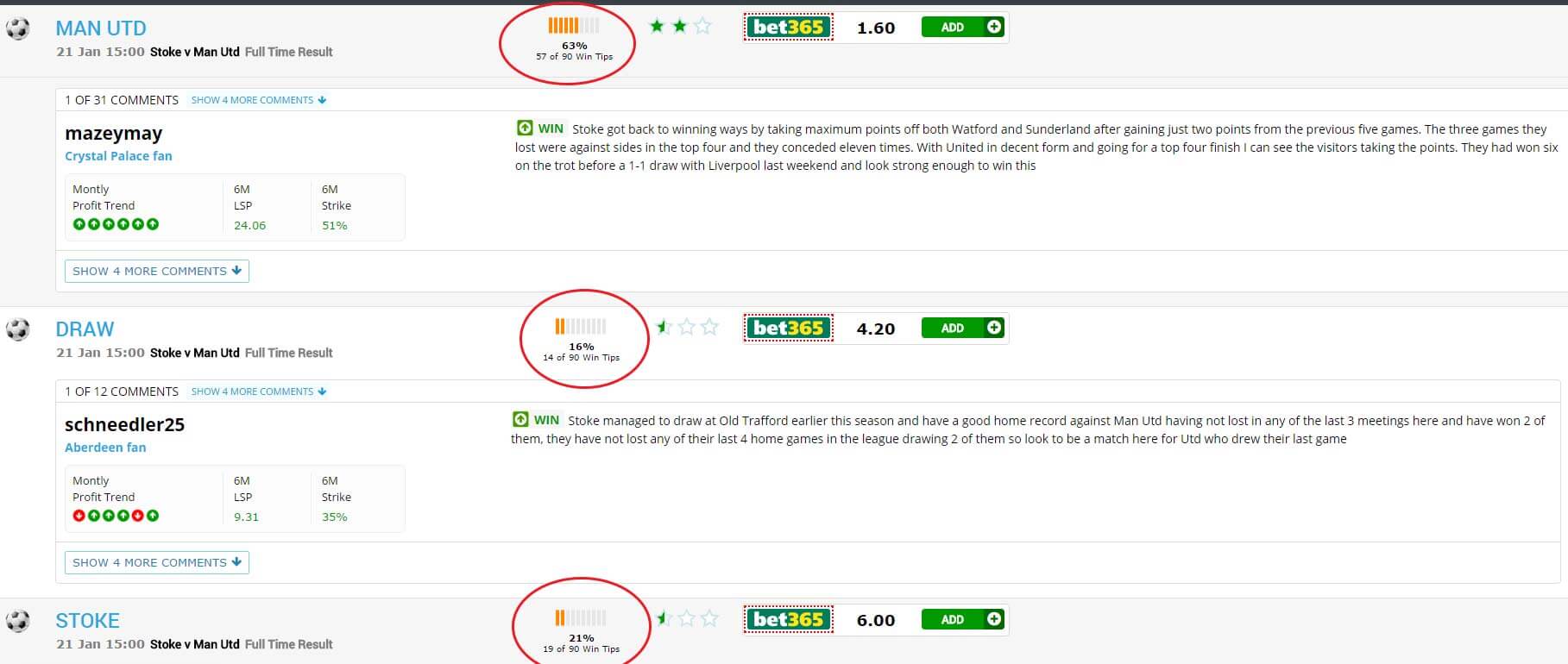Using Social Media in Football
Author:
Last Updated: April 18, 2024
The Social Media Journey
Over the last 10 years, social media has become a massive way that we interact with each other and consume information. Before the Internet, we would look for different physical groups and meetings to join in relation to our hobbies and interests. The early Internet changed that with forums, where we could join and interact with people who had the same particular niche interests. You could interact from anywhere, at any time!

As things evolved, Social Media sites as we know them started appearing in the early 2000s, with quite a few becoming household names. We had the likes of MySpace (2003), Facebook (2004), YouTube (2005) and Twitter (2006). There are also some massive niche market sites like LinkedIn (2003), CouchSurfing (2003) and Flickr (2004), that still remain popular today. With the saturation of the market, after 2010 we started to see some more unusual and unique ideas which have evolved to meet the users wants and needs for social sharing. Instagram (2010), SnapChat (2010) and Pinterest (2011) are all notable examples of these, and highlight the user’s desire to be able to share and consume information quickly and in bite-sized easily-consumed formats such as photos and video. This also appeals to the more distraction-riddled culture that we live in, where our attention spans are short and written text is often saved for later reading.
One thing is clear though, and that is that the early social media sites like Facebook and Twitter, which appeal to everyone, remain huge! Once you have an account, you can almost certainly find what you are looking for within the platform, and without having to search for, join and interact with a specific niche site that may have few users. The appeal of the big social sites is that almost everyone (and their cat) has an account!
Social Media and Business
As social media became popular, businesses started to take notice. Where people’s eyes are most fixed, advertisements usually follow. Facebook, Twitter and YouTube have become massive sources of ad revenue, as well as platforms for businesses to showcase and sell their products. In addition to this, users provide a huge amount of personal information on their social media profiles, so ads can be highly targeted giving much better conversion rates for companies wishing to sell to particular demographics.
Using Facebook, for example, the company knows our location, our age, sex, marital status, job and often things that we have liked and shared. An advert can be then made highly specific to target those details. This is a much more effective practice than say an advert on the street, where thousands of people may pass and not fall into the targetted demographic of the product. This type of advertising has also driven the rise in a new sector to the industry, where companies like Birmingham’s JC Social Media help other businesses appear more prominent in the competitive social media world!
Football’s Popularity in Social Media
One area that social media has proved particularly popular is sport. As the biggest sport in the world, football creates a lot of attention on social sites like Facebook and Twitter.

The news journey integrates perfectly with their platforms, from the slow build-up to matches which include news, previews and predictions. After that, we have the fast-paced in-game text commentaries and reactions, including scorelines. Then after the match, more detailed reactions, analysis and videos of key moments appear. Social media users can enter the journey at any point, express their opinions and share things that they liked. It’s also popular to create new content surrounding themes from football matches. These can include video and photo memes which grab a lot of attention, and are often shared by millions! Key events of a single football match can live on for years in a social media meme.
Many football fans are also avid bettors! There are many online betting sites available these days and they all use social media to attract new users. PaddyPower is well known for this, with their often controversial, but funny content.
Popular PaddyPower TV advert.
The opening 15 minutes here has reminded me that I’ve got a fair bit of ironing to do when I get home.
— Paddy Power (@paddypower) January 21, 2017
Common in-game Tweet commentary.
Social media has also provided extra help for bettors to make the most out of their betting. It’s impossible to predict an outcome 100%, but with data, predictions can become more accurate. There are many Facebook groups and Twitter accounts that provide ideas on what to bet on, whether it be gut-feeling, or a more scientific approach using stats analysis. The vast amount of resources available can also help you come up with your own predictions. A Twitter handle that we particularly rate is OptaJoe that run the official Premier League stats service. Their page is full of facts and figures that will help you with betting ideas.
108 – Sergio Aguero averages a goal every 108 minutes in the PL; the best mins/goal ratio of any player to have scored 20+ goals. Lethal. pic.twitter.com/5QE8B8L3RV
— OptaJoe (@OptaJoe) January 20, 2017
Crowd Sourcing Football Betting Tips
While many betting tips you may see in social media may not actually be that reliable due to anyone being able to post anything, the application of science in the form of Crowd Sourcing has aimed to change that.
What is Crowd Sourcing?
Crowdsourcing is based on the idea that individually people’s guesses may be wrong, however, the average of all the guesses often turns out to be very close to the actual result.
“Decisions are often better and more accurate with a crowd than could have been made by any single member.”
Back in the 1800s, there was a scientist named Francis Galton. While at a fair one day he came across a “guess the weight” competition of a dead Ox. When the competition ended it turned out that no one had guessed the correct weight of the Ox. However, Galton managed to acquire all the guesses to the competition and used his inquisitive nature to analyse them all. While no individual guess was correct, he actually surprisingly found that the average of all the entries was pretty much spot on.
The following video tells the story:
How Crowdsourcing can be applied to betting
An individual bettor may not be able to predict the outcome of a football match alone, but collating the guesses of many bettors can improve the outcome using the crowdsourcing theory.

You can ask questions on social media and receive answers in the form of crowdsourcing. This is especially easy when using Twitter and Facebook hashtags. However, the real power of crowdsourcing is in numbers. The more people that give an answer, the more correct the prediction can be considered. With the sheer number of people who interact with Twitter and Facebook posts, it can be hard to extract data. If a million people reply to your posts with an answer, it’s very likely that there won’t be much conformity in the way they answer.
Computers find it very difficult to extract data from “humanised” posting, so unless there’s something common they can look for, it’s hard to analyse big data. There are some tricks to get around this, like using a specific hashtag for your answer and filtering it for a specific time-period. e.g. the hashtag #manuwin. Software can then count up all the tags and count these as the prediction.
However, there are some problems with this method – mainly that you can’t control who uses a particular hashtag. This means that you will often get “noise” when looking at hashtag results. A quick search for the #manuwin hashtag reveals that many people don’t use it in a betting or prediction sense. It commonly appears when people are not making a prediction, but rather want a certain outcome to happen. This may be because they always want their team to win (without any logical basis), or are a supporter of the opposing team.
Crowdsourced Social Communities
There have been some attempts to create crowdsourced betting predictions, though. The OLGB site has a service in place where users can select the outcome they think more likely. The system then collates all the responses and gives a percentage chance of each of the outcomes happening. It also shows the number of responses used so that you can gauge how accurate the crowdsourcing might be.

The system seems to work well, and tipsters are incentivised to add tips regularly by being offered cash prizes. It may not predict 100% correctly but the crowdsourcing theory proves that this way of predicting outcomes will give you an extra degree of certainty that traditional tips.
Snapchat – A Social Media Platform to Follow!

While Snapchat may have started as an App aimed at adolescents to share “seedy” photos safe in the knowledge that they would only last 10 seconds, the App has now aged-up and has hit the business world by storm. Developments in the way the App functions, plus the fact that it’s the closest way of expressing yourself to real-life, means that videos sent through the service are often raw and honest. It’s this honesty and the way that users often document their lives that has gained many of them large followings.
Entrepreneurs and businesses have tapped into this, realising that customers often become more loyal when the true side of someone’s day to day life is presented – plus the fact that the story videos only last 24 hours, so it creates a sense of urgency for followers to watch them.
There are several types of content that SnapChat can be used which includes news, education and storytelling. While there aren’t many “Snappers” giving out football betting tips through video yet, it’s surely going to catch on soon if it follows the likes of other industries like the health and fitness sector.